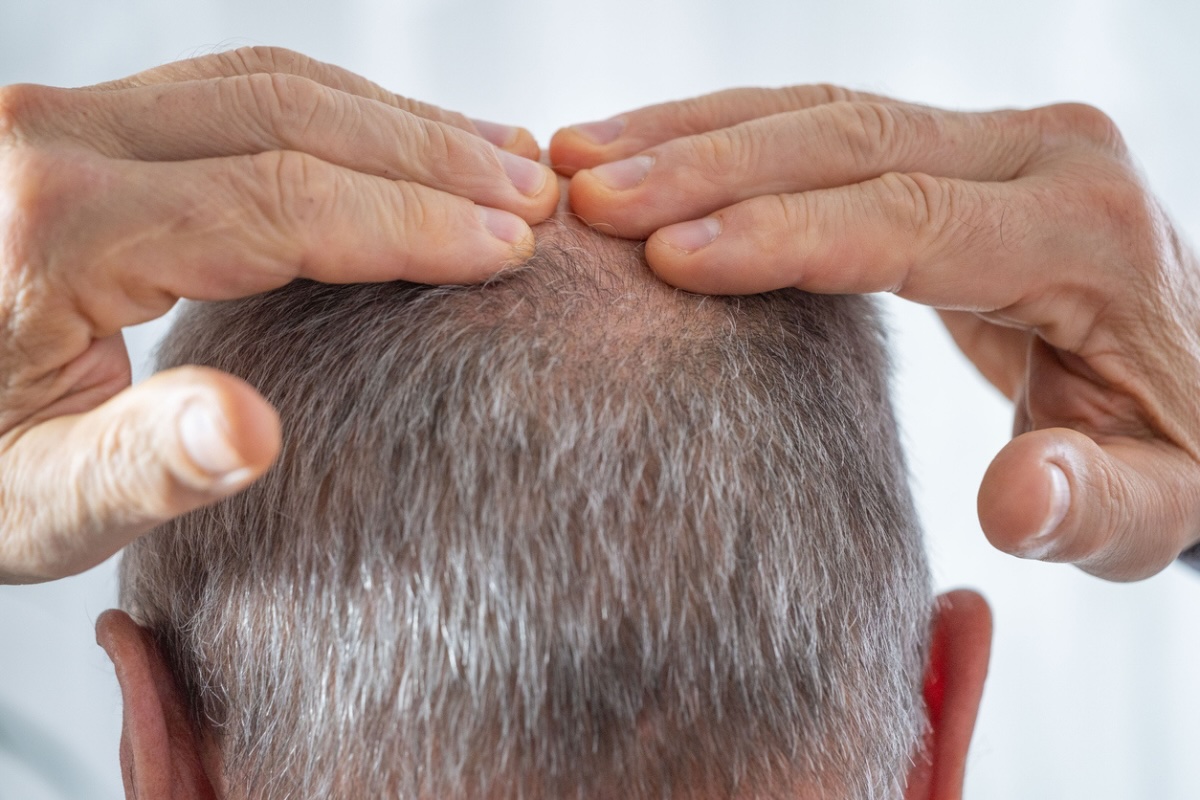New research in the British Journal of Nutrition suggests that maybe the temperature of what we eat and drink might influence more than our diet. The authors argue that it could also play a part in our mental health.
This appears to be the first U.S.-based study to directly tie cold and hot dietary consumption to multiple health outcomes.
“Something as simple as the temperature of what we eat and drink can have real impacts on health,” the study’s lead author and SDSU associate professor of epidemiology Tianying Wu offered. “Because cold and hot consumption is such a routine part of daily life in the U.S., at home and in restaurants, the findings have broad relevance to everyday health choices.”
Methodology
San Diego State and Wake Forest university researchers surveyed more than 400 adults, split almost equally between Asian and White respondents. The participants also ranged in age from 18 to 65.
The researchers quizzed participants about how often they drank (or ate) cold (or hot) foods and beverages in summer and winter. They also inquired about symptoms of depression, anxiety, insomnia, and gastrointestinal discomfort.
The analysis revealed a striking pattern:
- Among Asians, eating or drinking more cold foods – especially during the summer months – showed a link to higher rates of anxiety, insomnia, and abdominal fullness.
- Among the White participants, higher hot consumption – especially hot drinks in winter – revealed a connection to lower rates of depression, insomnia, and gas.
- These effects intensified in those participants (regardless of ethnicity) who frequently reported cold hands, a potential indicator of poor circulation.
Cultural, Physiological Roots
Traditional Chinese and Ayurvedic medical practitioners insist that cold foods and drinks disrupt the body’s balance and impair circulation. On the other hand, there are those who argue that hot or warm foods help promote vitality. While many dismiss such beliefs as Western cultural quirks, the authors of this study suggest there might be measurable physiological effects at the heart of these beliefs.
Asians included in the study reported consuming fewer cold drinks and more hot meals than their White counterparts, especially in the winter. Yet when Asians did consume cold foods or drinks more often, they endured more adverse outcomes, backing up the arguments against “cold” diets.
In stark contrast, Whites showed modest yet consistent benefits from drinking hot beverages such as tea or coffee in the winter. This, the authors contend, suggests that warmth might play a broadly beneficial role, and not just a cultural one.
The Science Behind the Chills
The authors theorize that there could be multiple biological mechanisms driving the link between cold intake and poorer mental health. Cold beverages can reduce core body temperature, constrict blood vessels, and disrupt gut microbiota. These are all things that can interfere with circulation, stress regulation, and neurotransmitter balance.
Cold exposure might also trigger the sympathetic nervous system, heightening cortisol and norepinephrine levels, which can exacerbate anxiety and threaten sleep quality.
On the flip side, warm or hot drinks can improve blood flow, boost gastric motility, and encourage parasympathetic relaxation. Clinical evidence already shows that warming therapies and hot water irrigation during surgery improve circulation and comfort, supporting the idea that internal warmth confers broader systemic benefits.
Participants who reported frequent cold hands showed stronger negative reactions to cold consumption while enjoying more robust benefits from hot consumption. This could help identify individuals particularly sensitive to temperature-related dietary effects.
A Cultural Lens with Public Health Implications
While the study cannot establish causation (it’s cross-sectional and relied on self-reported data) it still opens the door a little wide to rethinking temperature as a meaningful dietary factor. Asians with strong cultural adherence to warm-food traditions appeared somewhat protected, whereas those who adopted more Western habits of iced drinks and cold meals faced elevated risks of anxiety and insomnia.
“This research provides a snapshot of how hot and cold consumption may relate to health outcomes,” said Wu. “The next step is to conduct more rigorous prospective and intervention studies, since the effects can be dynamic — for example, older adults or individuals with poor circulation may be especially vulnerable to cold exposure.”
As energy drinks, smoothies, and iced coffees continue to dominate the American diet, this research hints that a simple swap—cold for warm—might do more than soothe the stomach. It could help steady the mind, too.
Further Reading
Restrictive Diets Could Make Depression Worse


